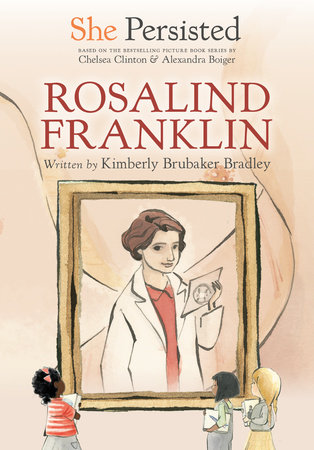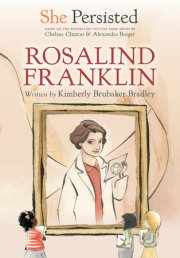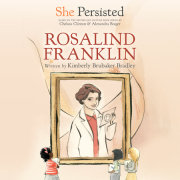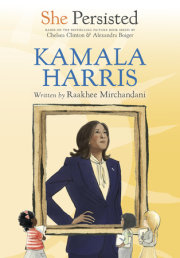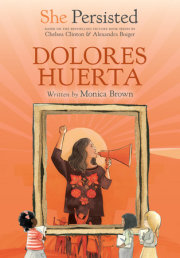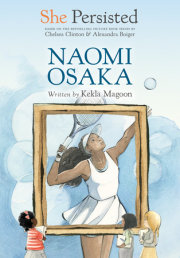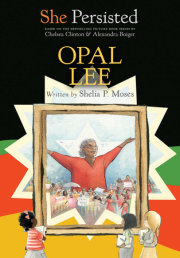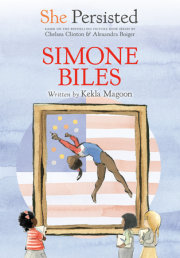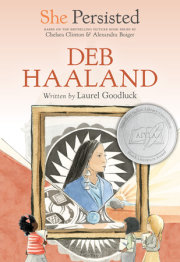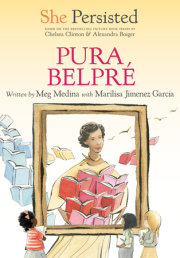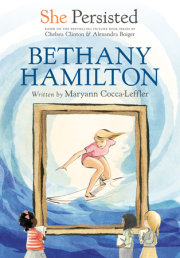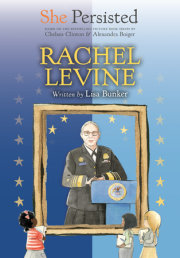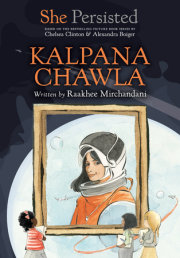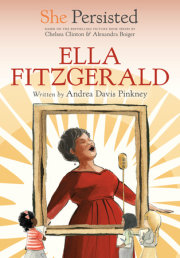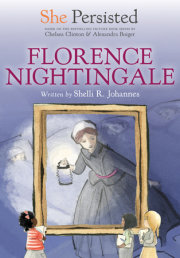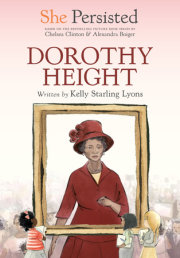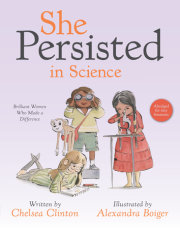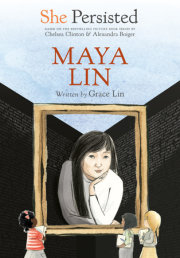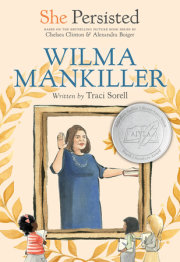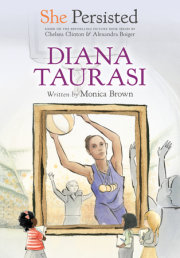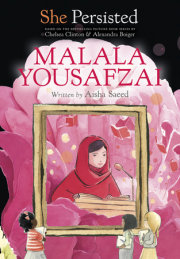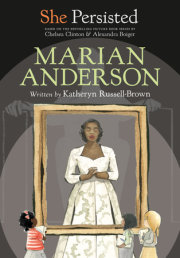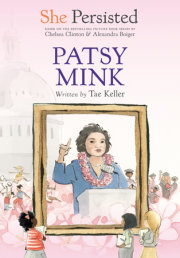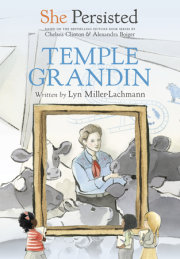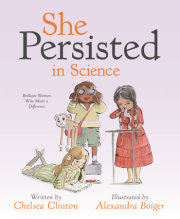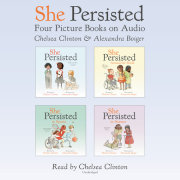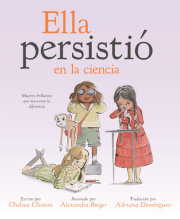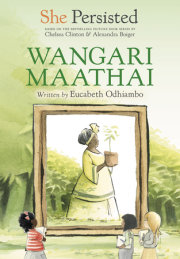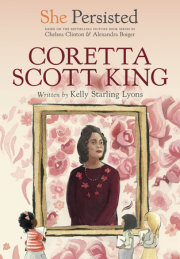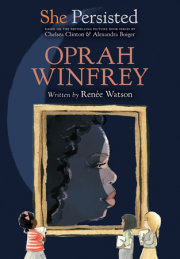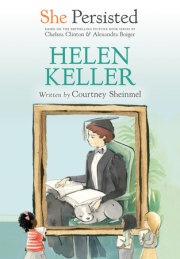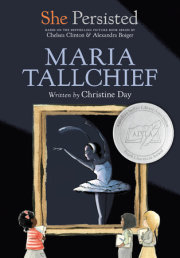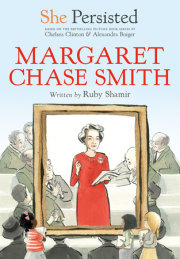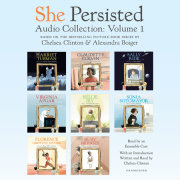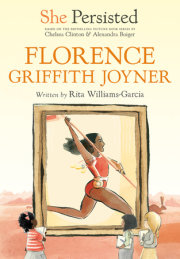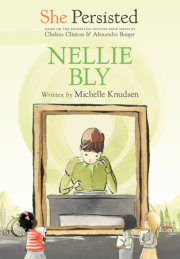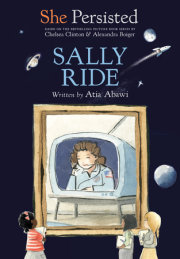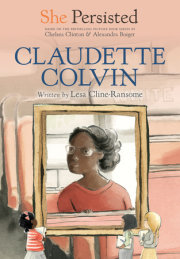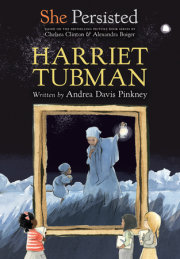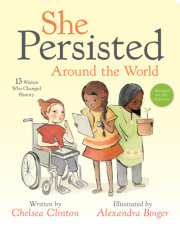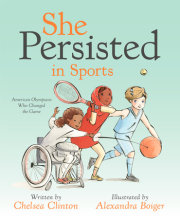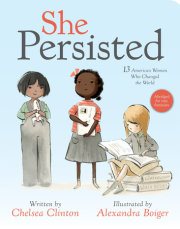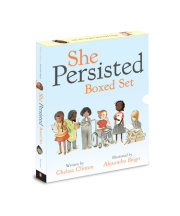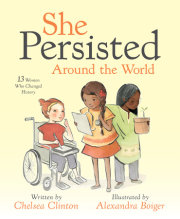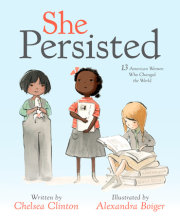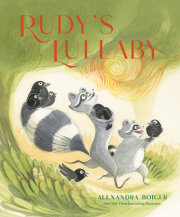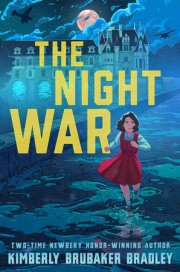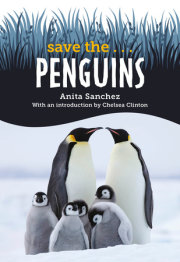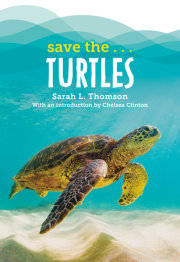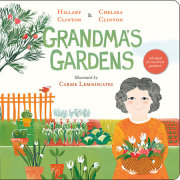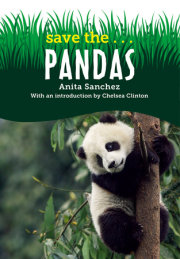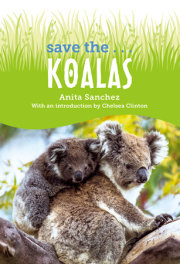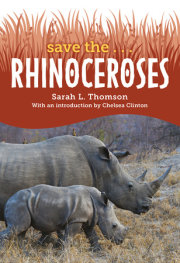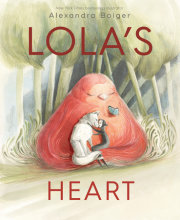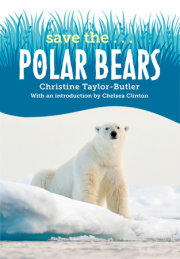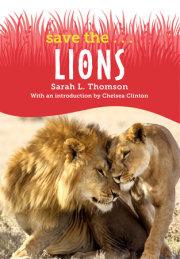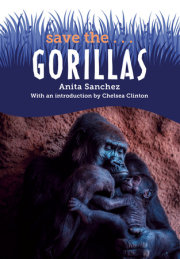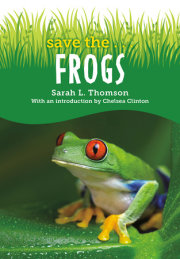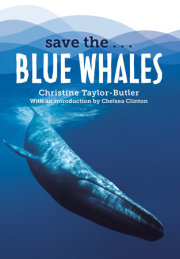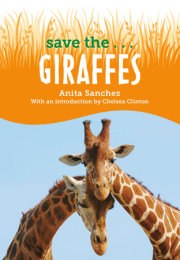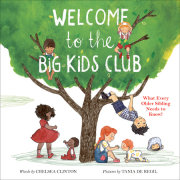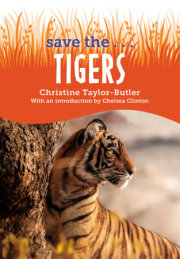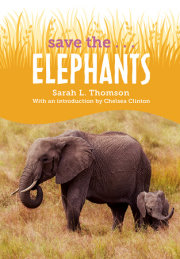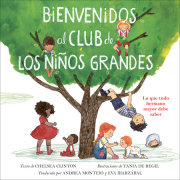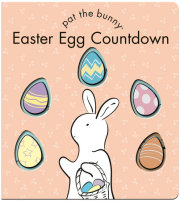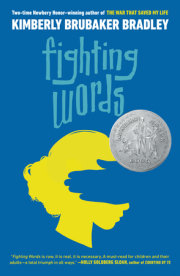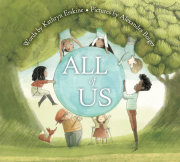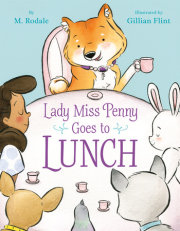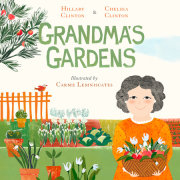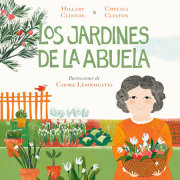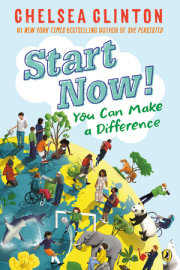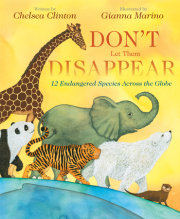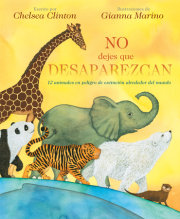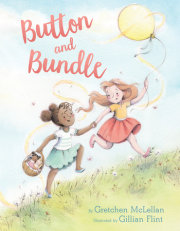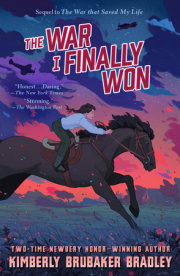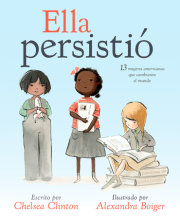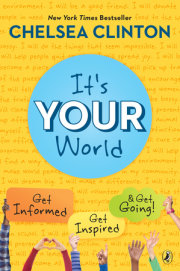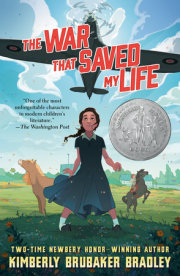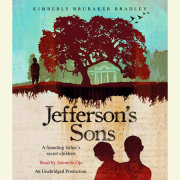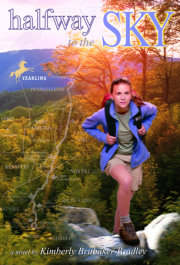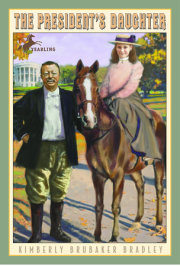Chapter 1 A Curious Child
From the very start, Rosalind Franklin loved to figure things out. She loved word puzzles. She loved the memory games her father played with her and her older brother. She loved arithmetic, so much so that when she was six years old and her family went on a vacation to the seashore, she spent her free time on the beach with a paper and pencil, writing out math problems and solving them.
Rosalind was born on July 25, 1920, to a well-off family in London, England. She had an older brother; later, she would have two younger brothers and a younger sister. Rosalind’s parents loved each other and their children very much, though they weren’t the kind of family that hugged and kissed very often. Instead they took hikes together, played games, and worked together to support ideas that were important to them.
When he was growing up, Rosalind’s father had wanted to study science at either Oxford or Cambridge, England’s oldest and most well-known universities. But World War I started just before he would have enrolled. Instead of becoming a student, Ellis Franklin joined the army and fought for his country. By the time the war was over, he had a wife and a son, and he decided it was too late for him to go back to school. Instead he worked at the merchant bank his family ran. He still loved science, and he loved to help people. Several nights a week, he taught classes in electricity and magnetism at the Working Men’s College in London, a school for older adults.
Rosalind and her family were Orthodox Jews. At that time most people in England were Christians. Many people were prejudiced against Jews. They treated them unfairly because they were different. Prejudice against Jewish people is called antisemitism. Among other things, antisemitism in England meant that Jewish people usually weren’t appointed to high positions in government or education. Rosalind’s family broke some of these antisemitic barriers. One of her great-grandfathers was the first Jewish professor at an English university. Her father’s uncle was the first Jew to serve on Britain’s Cabinet, and Rosalind’s own uncle was attorney general of the British mandate of Palestine. When Adolf Hitler rose to power in Nazi Germany during the 1930s and began terrorizing German Jews, Rosalind’s family helped many of them escape to England and start new lives there. Still, even though Rosalind’s family held important positions and did good things, many people disliked them just because they were Jews.
When Rosalind grew older, she decided that while she believed in God as a creator, she didn’t believe in the parts of religion that didn’t sound logical or concrete to her. Rosalind liked logic and concrete answers. But being Jewish was always important to her. She loved the traditions she grew up with. She also always felt that being Jewish meant she had an obligation to live a good life and contribute to creating a better world.
Rosalind and her siblings had a nanny (they called her “Nannie”) to help feed them and dress them and take them to the park every day. There were other people who worked for her family, who cooked meals, did laundry, and cleaned their home. Rosalind’s grandparents had a large home in the countryside, with a croquet lawn and tennis courts, and Rosalind often spent time with her cousins there. The first years of Rosalind’s life were surrounded by luxury, comfort, and love.
Then, when she was eight years old, Rosalind became seriously ill with an infection. This was before the discovery of antibiotics, and infections could be very difficult to treat. Rosalind was sick for a long time. Even when she recovered, she remained frail and weak. Rosalind’s parents decided to send her away to boarding school on the coast of England. They hoped the sea air would be healthier for her than London’s wintertime pollution and Rosalind could regain her strength.
The school was called Lindores School for Young Ladies. Rosalind went there right after her sister, Jennifer, was born. She was terribly homesick. She missed the new baby and her three brothers—David, Colin, and Roland—and her parents and her home. She felt it was unfair that she was sent away. She became healthy, swimming and playing field hockey and other outdoor games, and she returned to London after two school terms, but she never forgot how isolated she felt at boarding school. For the rest of her life, Rosalind hated the very idea of being sick. She always, always told her family she felt fine.
Once she returned to London, Rosalind began attending St. Paul’s Girls’ School. St. Paul’s was a very good school, one of the first in England to teach girls all the same subjects boys usually learned. In addition to Latin, German, and French, St. Paul’s taught physics, chemistry, and calculus. St. Paul’s girls also played a lot of sports, which Rosalind loved. And St. Paul’s was a day school, not a boarding school, which meant Rosalind was back living at home with her family.
Rosalind was very happy. The only thing she didn’t like about St. Paul’s was the music classes—she was so bad at singing that the music teacher asked her parents if perhaps she had a hearing problem! (She didn’t.)
Rosalind studied hard and was usually the top student in her class. She was passionate, intense, and always curious. She loved to learn. She loved to discover things. By the time she was fifteen, Rosalind had made up her mind: she was going to become a scientist!
Copyright © 2022 by Chelsea Clinton. All rights reserved. No part of this excerpt may be reproduced or reprinted without permission in writing from the publisher.

